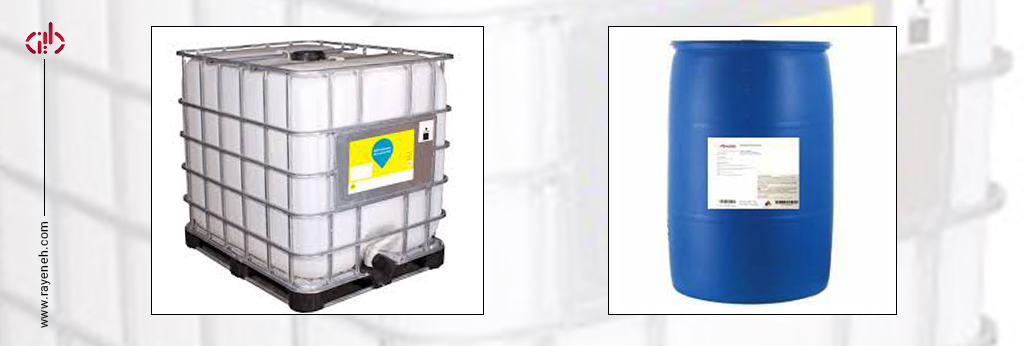
A corrosion inhibitor is a chemical substance or a combination of substances that, when added to a corrosive environment in very low concentrations, effectively slows down or prevents the occurrence of metal corrosion without changing the environment.
Corrosion inhibitors can be solid, liquid or gas and can be used in solid environments such as concrete and organic coatings, liquid environments such as water and organic solvents, or gaseous environments such as atmosphere or water vapor.
The nature of the corrosive inhibitor depends on (i) the material being protected, which are most commonly metal objects, and (ii) on the corrosive agent(s) to be neutralized.
Corrosion inhibitors are selected based on solubility or dispersibility in the fluid in which the inhibition action should be performed.
Systems that can use these materials must be made of metals such as iron, copper and cast iron. The systems that usually use this chemical in the industry include boilers, coolers, and cooling and heating devices
. Also, in devices that want to use hydrochloric acid or water with impurities and salts, they use these chemicals.
Application
- Oil and gas exploration and production
- Oil refinery
- Production of chemicals
- Water purification
- As antifreeze for car radiators
Packing
Based on type of corrosion inhibitor, it could be packed in barrel, IBC and isotank.
